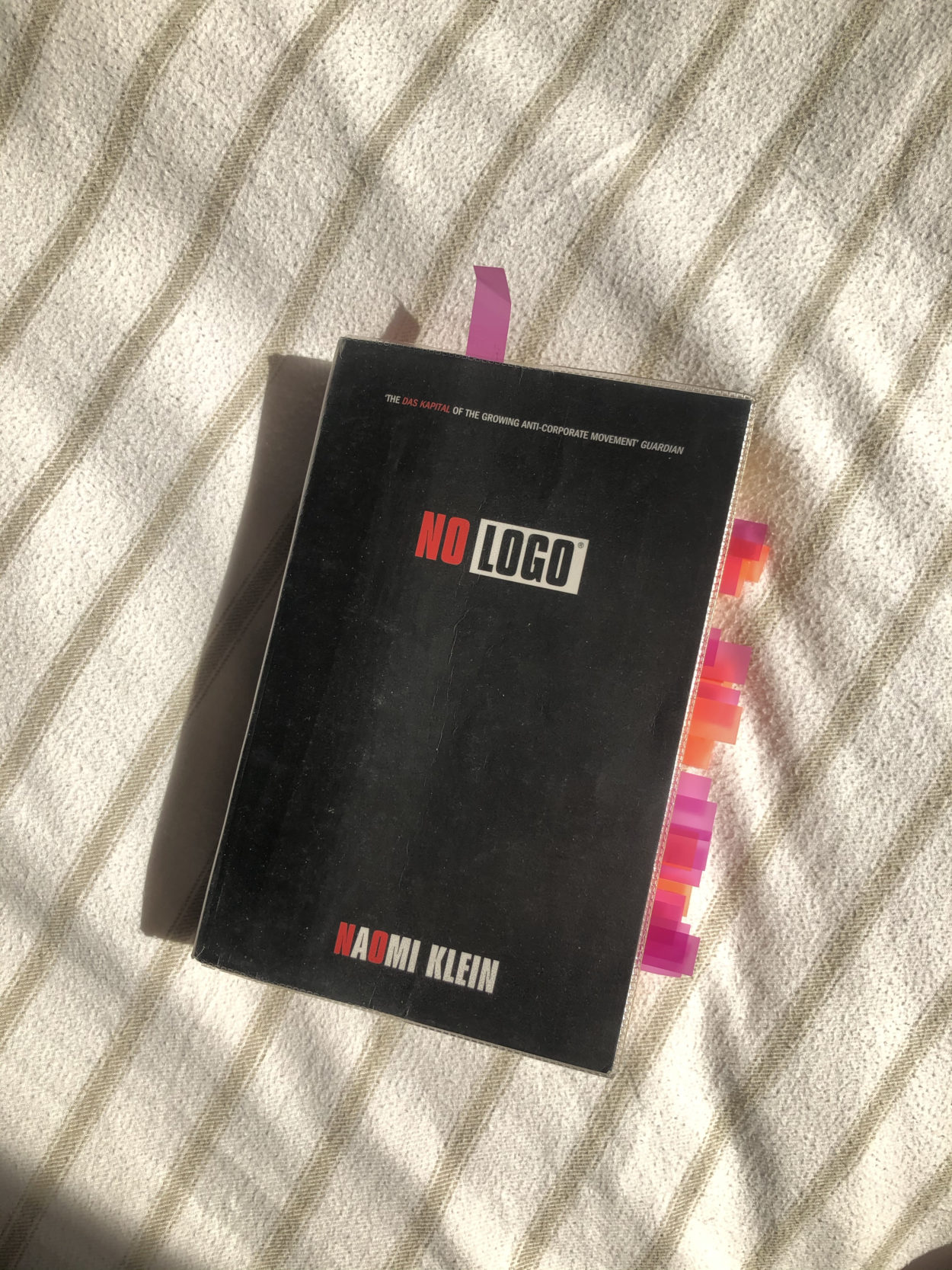Published
Flights, by Olga Tokarczuk

Flights by Olga Tokarczuk
Published

Flights by Olga Tokarczuk
Published
“She thought about how no one had taught us to grow old, how we didn’t know what it would be like. When we were young we thought of old age as an ailment that affected only other people. While we, for reasons never entirely clear, would remain young. We treated the old as though they were responsible for their condition somehow, as though they’d done something to earn it, like some types of diabetes or arteriosclerosis. And yet this was an ailment that affected the absolute most innocent.”
Olga Tokarczuk in Flights, Pg 398
Published
“…she falls asleep, too fast, exhausted from jet lag, like a lone card taken out of its deck and shuffled into some other, strange one.”
Olga Tokarczuk in Flights, Pg 308
Published

I was re-shelving returns during my first shift at the library, earlier in the year, when a particular dewey decimal code led me to the location of Naomi Klein’s No Logo. Feeling compelled, I duly swapped one book for another.
It’s been twenty years since this book was first published, so it doesn’t shock in the way I imagine it once did. Yet its basic tenets are still relevant – the rise of corporate branding since the 80s has seen the hijacking of the public domain, co-optation of culture and community, the duplicity of ‘choice’ as conglomerates dominate, and the outsourcing of employment and along with it risk, responsibility and rights – no space, no choice, no jobs.
In response to the book, The Economist titled its September 8th, 2001, issue ‘Pro Logo: Why brands are good for you’ and ran its lead story ‘Who’s wearing the trousers?’. As its title suggests, the article argues that in our increasingly competitive brandscape consumers hold the power, “Brands fall from grace and newer, nimbler ones replace them”.
While it is true that we ‘vote’ through our purchases, it can be difficult to align our ‘vote’ with our values, without the full picture. ‘Brand’ is always an edited narrative, which can be as much about concealment as it is about articulation. From the context of lockdown, it has been a relief to escape the noise. In the Brave New World we have the opportunity to rebuild when we emerge, I would hope for two things: